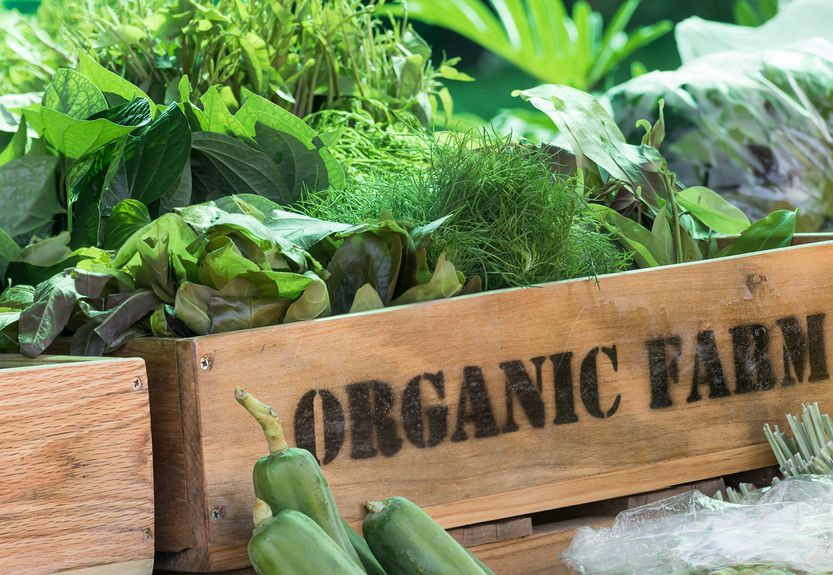Seek UK-EU organic alignment or risk 'outright ban', MPs told

Organic farmers are writing to MPs to express their concerns in the event of the UK not securing mutual equivalence with EU organic standards.
UK organic food exports face an 'outright ban' if equivalence is not agreed in a Brexit deal with the EU, organic groups recently warned.
The NFU is now encouraging farmers and growers to talk to their MP so they understand what it at stake for British organic businesses.
At the end of December 2020, the UK will leave the transition period and the terms on which food and drink are traded will change.
Unless equivalence for UK organic standards is secured as part of the UK-EU negotiations, British organic products will not legally be able to be sold as organic in the EU or Northern Ireland, due to its status as part of the EU’s regulatory regime.
UK organic products would have to be sold in the EU as conventional and would subsequently lose its premium market value.
Omsco, the UK's largest organic dairy co-operative, said the sector needed an 'urgent resolution' to the situation.
Managing Director, Richard Hampton said: “Access to the European market is vital not just because of the growth opportunities, but also because our spread of markets and products allows us to deliver the flexibility and availability to our UK customers.
"The loss of these markets will damage efficiencies, reduce flexibility and increase costs at a precarious economic time."
According to the NFU, the best outcome for the sector would be to secure mutual recognition of the UK and EU organic regulations in the form of an equivalence agreement.
The UK’s organic regulation already meets all the requirements of the current EU organic regulation, which should make negotiations in this area straightforward.
But without mutual recognition, the NFU warned that around 80% of UK organic farmers would face needing to comply with two organic regulations - the current EU regulations and the new organic regulations being enforced across the EU in 2022.
This would lead to significant additional costs and regulatory burden onto British farmers and growers, the union added.
Roger Kerr, Chairman of the UK Organic Certifiers Group (UKOCG), said producers faced overnight exclusion from the EU market if a mutual recognition agreement between the UK and EU was not achieved before the deadline.
"Securing mutual agreement between the UK and the EU in relation to organic certification must be a priority for the negotiators,” he said.
Figures show that global sales of organic products are approaching £100 billion, and the UK is the world’s 9th largest organic market.
Sales also increased during lockdown, with the sector on track to hit the £2.6bn mark by the end of the year exceeding the £2.5bn originally projected, according to the Soil Association.








